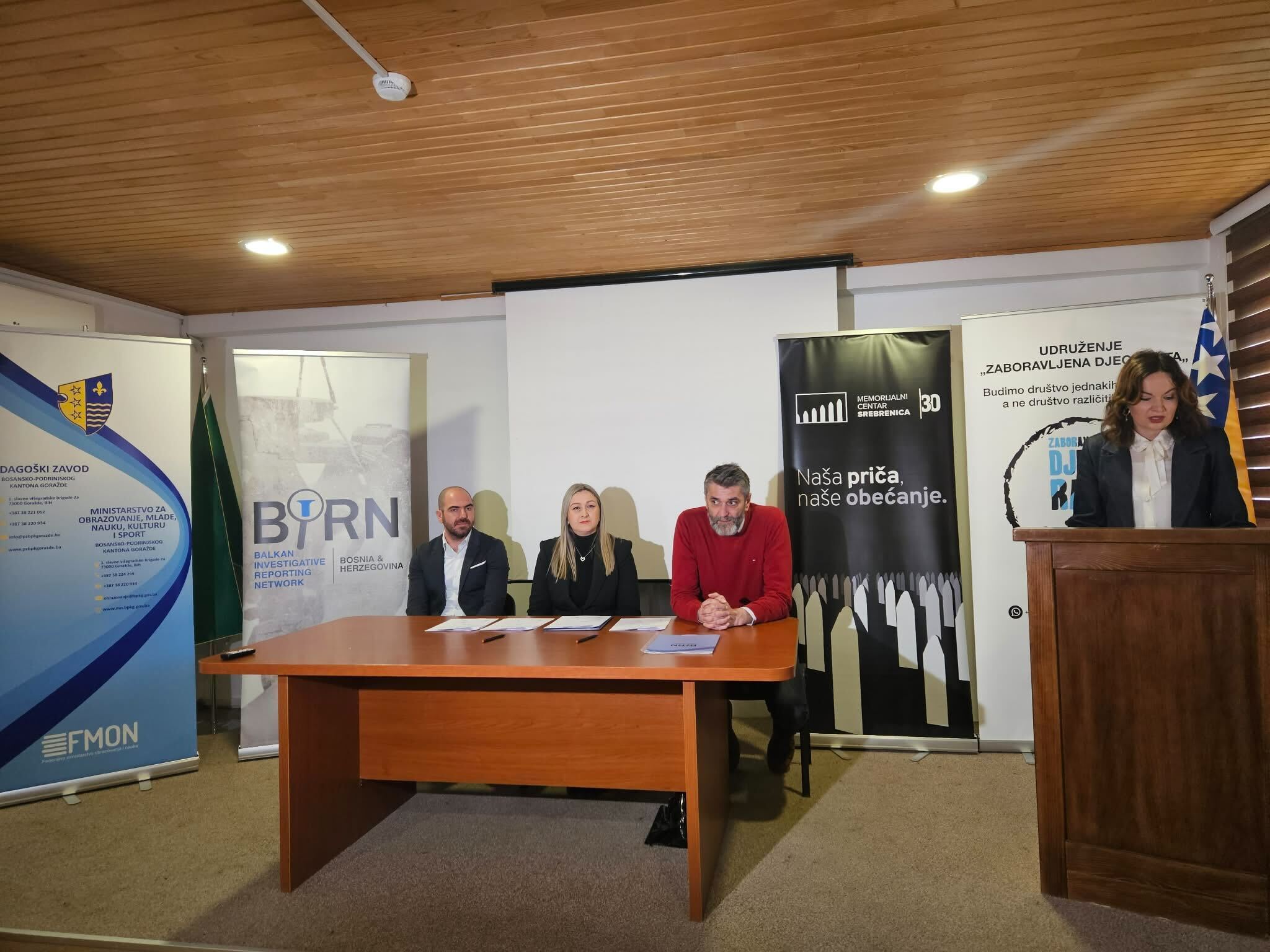This post is also available in: Bosnian
British General Smith, however, confirmed that based on several UNPROFOR investigations he concluded the mortar came from Bosnian Serb Army positions.
Mladic is charged with terrorising Sarajevo citizens through a campaign of shelling and sniping, with the Markale attack one of the incidents listed in his indictment. He is also on trial for genocide committed in Srebrenica and seven other municipalities, the expulsion of Bosniaks and Croats, and taking UNPROFOR peacekeepers hostage.
Mladics lawyer Dragan Ivetic tried to show inconsistencies in several UNPROFOR findings on Markale, to which Smith replied that all issues were taken into account prior to making the final conclusion.
Ivetic reminded the witness that on the day of the explosion, Mladic told him by phone that the Bosnian Army committed the massacre to blame the Serbs.
I heard that before, but Ive never seen evidence to back it up, said Smith.
?Asked why he replied to Mladic in August 1995, that there was no doubt the mortar was fired from a Serb position 3.5 to 4 kilometres from the market, the British General said the reports I received led me to form a conclusion, which I was entitled to, and that was that.
Smith rejected Ivetics suggestion that he approved NATO air strikes against Bosnian Serbs even before the Markale incident.
He confirmed, however, that on the London conference, earlier that year, it was decided that NATO would respond to all attacks of Bosnian Serbs to Sarajevo and UN safe havens.
Asked whether he ever asked for NATO to bomb Bosniak positions, Smith replied that he did not.
Smith will continue his testimony on Monday, January 28.

